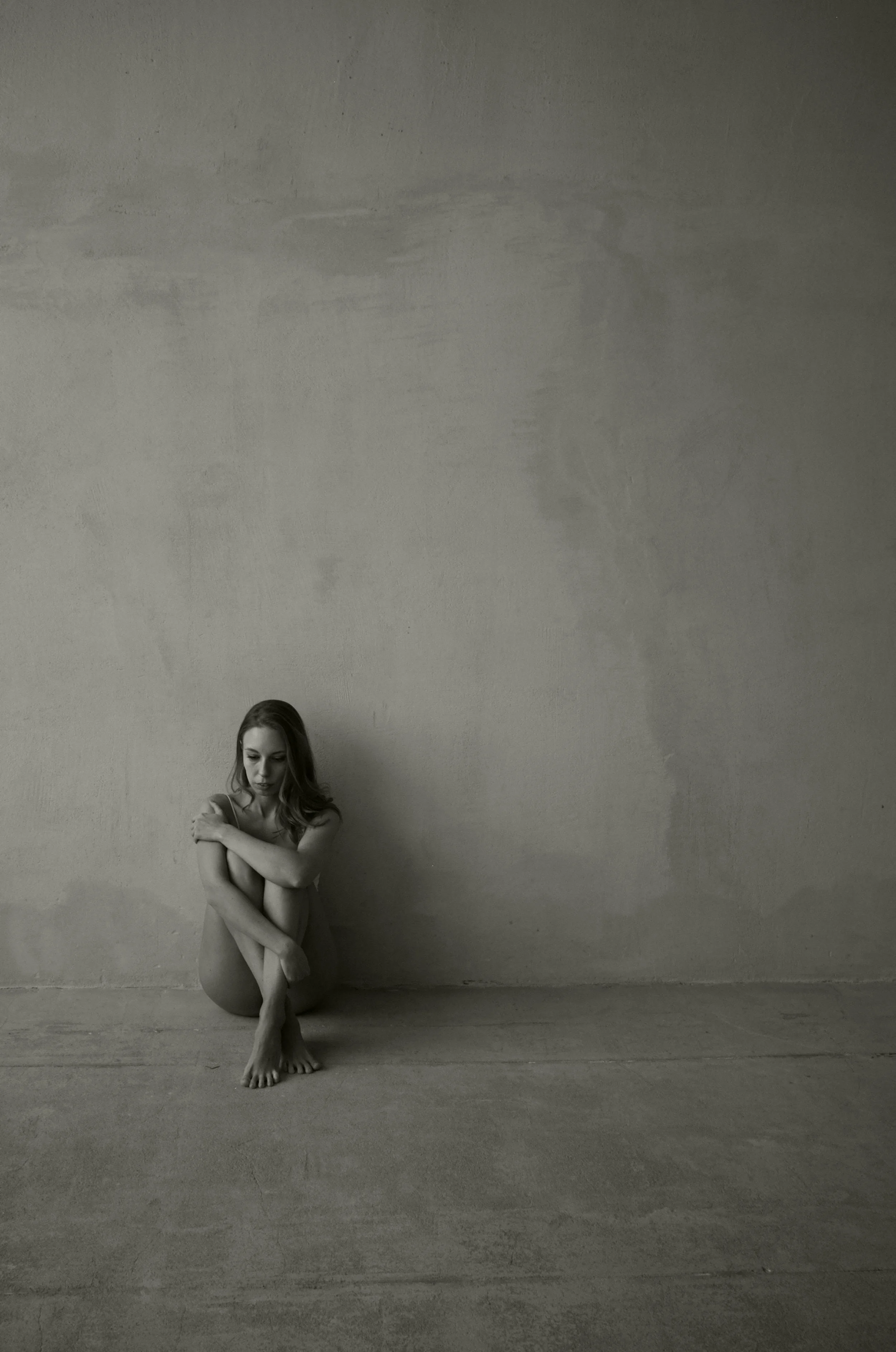The Emotionally Immature Parent
How childhood shapes the self you’re still trying to heal
Most people don’t recognise emotional immaturity when they grow up with it.
It doesn’t always look like chaos, violence, or screaming.
Often, it looks like parents who provide materially but not emotionally.
A beautiful house
Private school
Clean clothes
Food in the fridge
And yet:
A child who feels utterly alone in their emotional landscape.
Because emotional immaturity isn’t about resources.
It’s about responsiveness.
About whether someone could tolerate your inner world without becoming overwhelmed by it, threatened by it, or irritated by it.
And for many of us, the answer was no.
The Four Flavours of Emotional Immaturity
Most emotionally immature parents fall somewhere into these archetypes:
1. The Self-Absorbed Parent
Everything revolves around their mood, their stress, their needs.
You learn early: “I must not add to the burden.”
2. The Hypercritical Parent
Picking at your behaviour, your body, your choices, your tone.
Identity becomes performance.
Love becomes obedience.
3. The Passive, Emotionally Absent Parent
Present in body, absent in spirit.
Warmth withheld.
Praise rare.
Loneliness normalised.
4. The Volatile Parent
You never know which version you’ll get.
You live in a permanent state of emotional bracing.
Most homes contain a mix.
How It Sounds in Childhood
Emotionally immature parents say things like:
“Don’t be silly.”
“You’re overreacting.”
“Stop making a fuss.”
“You’re too sensitive.”
“I don’t remember it that way.”
“You always have to ruin everything.”
“Why can’t you be more like your sibling?”
“You’re imagining it.”
“You should be grateful.”
These phrases seem harmless to outsiders.
But to a child, they land like laws:
• Your feelings are wrong
• Your perceptions can’t be trusted
• Your needs are too much
• Your reality is negotiable
And once your reality becomes negotiable, your self does too.
How A Sense of Self Forms (and What Happens When It Doesn’t)
Between birth and adolescence, the self is built through mirroring, the way a caregiver reflects back who you are.
When you cry, and someone says:
“I see you’re sad, come here,” you learn: “I make sense.”
When you’re excited and someone shares in it, you learn: “My joy has a place.”
When you’re angry and someone holds space for it, you learn: “My power is safe.”
But when your parent is emotionally immature, they cannot mirror, because they cannot feel.
So you adapt.
The Birth of the False Self
Winnicott described the “False Self” as the persona formed when a child must mould themselves around a parent’s limitations.
It happens when:
• You become the quiet one
• The helper
• The achiever
• The funny one
• The problem-solver
• The easy child
• The invisible child
• The emotionally self-sufficient child
You become what the household needs, not what your own soul needs.
This is not failure.
This is survival.
Your psyche making creative adaptations to ensure belonging.
But the cost is immense:
You become an adult who can read any room except your own emotional state.
What It Looks Like in Adulthood
People raised by emotionally immature parents tend to:
• Apologise for existing
• Over-function in relationships
• Feel responsible for everyone’s happiness
• Minimise their pain
• Fear being “too much”
• Struggle to say no
• Collapse under criticism
• Seek validation from emotionally unavailable partners
• Gravitate to narcissists
• Feel safest when needed, not loved
• Feel uncomfortable when relaxed or cared for
• Be chronically lonely, even in relationships
Because no one ever mirrored you:
you learned to build your identity around other people’s needs.
The Legacy: When You Raise Yourself
Emotionally immature parents leave you with the impossible task of parenting yourself long before you ever should.
You grow up fast.
You become hyper-competent.
You become the listener, the fixer, the emotional container.
And people praise you for it.
No one sees the cost.
Healing Isn’t About Blame - It’s About Reparenting
Inner child work isn’t regression.
It isn’t infantile.
It isn’t “crying into a cushion” therapy.
It’s the act of:
• learning to trust your own emotions
• reclaiming the parts of you that were shamed
• grieving the parent you didn’t have
• learning to tolerate your needs
• recognising when the false self is driving
• choosing partners who can meet the real you
• giving yourself the attunement you never received
Healing is adulthood backwards, not to become childlike, but to reclaim the parts of you that never got to grow.

